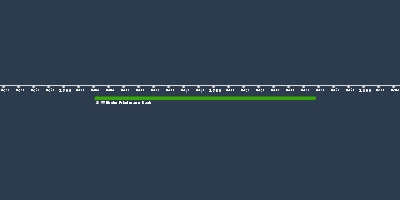Late Period (1 Jan 1812 Jahr – 1 Jan 1827 Jahr)
Beschreibung:
Later PeriodA. Rising Fame and Decreasing Productivity
1. After 1808, Beethoven took his music in yet another direction, one marked by a period of depression.
2. Contemporaries such as Goethe found him socially difficult, if genius.
3. In the summer of 1812 he penned the letter to the “Immortal Beloved,” found in his effects after his death.
4. In 1815 he sought custody of his nephew, Karl. The ensuing legal battles went poorly
and hurt all involved. Karl’s attempted suicide in 1826 was a decisive blow to the composer.
5. The composer’s production of major works declined in these years, but his compositional ambition grew even if the number of works trailed off.
6. When critics prophesied that Beethoven had reached the end of his creative genius, he
warned them to wait and see.
Late Beethoven
1. An invitation to London in 1817 spurred the composer to embark on several new
compositions, including the huge “Hammerklavier” Sonata.
2. Other large works from this period include the last three intense sonatas for piano,
Missa Solemnis, the Ninth Symphony, and several works for string quartet, including the Grosse Fuge.
3. Even though commentators came to see the late works as Beethoven’s greatest, the initial reception was not so positive. Some of the words used to describe them were “incomprehensible,” “vague,” and “chaotic.”
4. Beethoven’s late works were not written to please or entertain. With Beethoven the
composer became the ultimate musical being—not the performer.
Zugefügt zum Band der Zeit:
Datum:
1 Jan 1812 Jahr
1 Jan 1827 Jahr
~ 15 years
